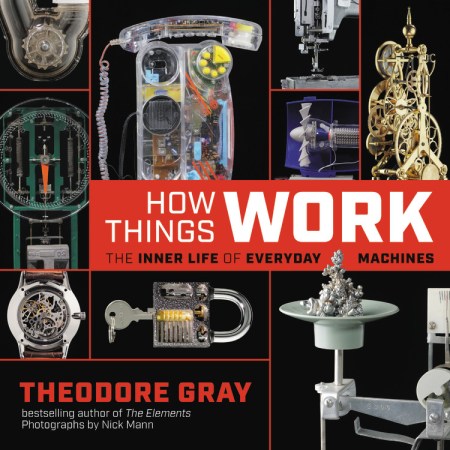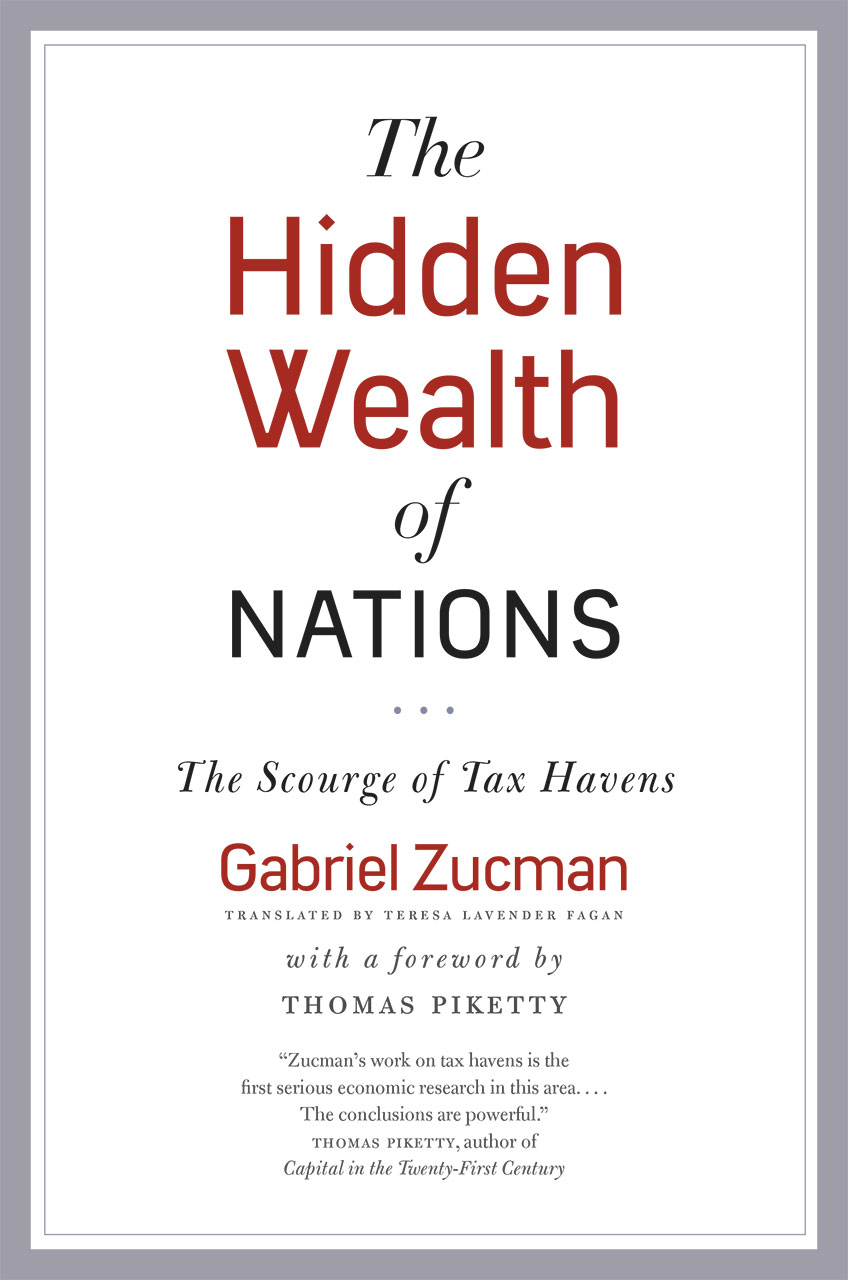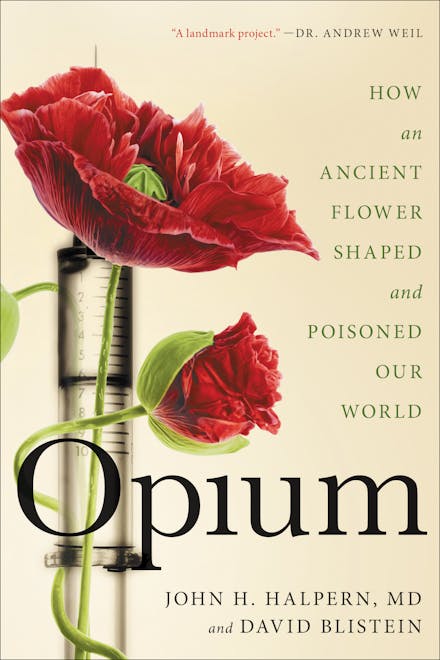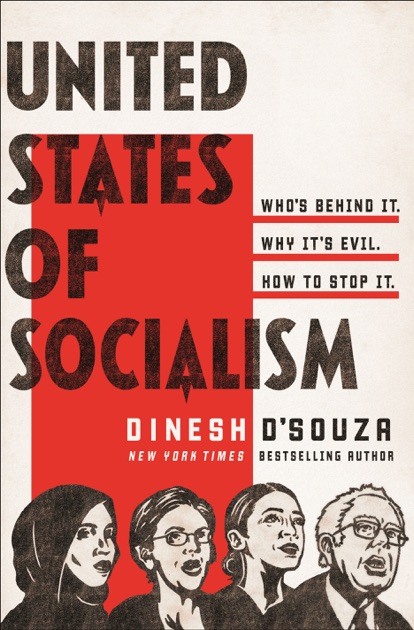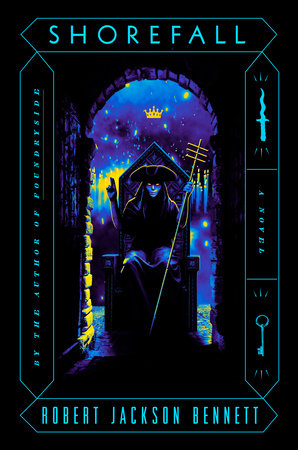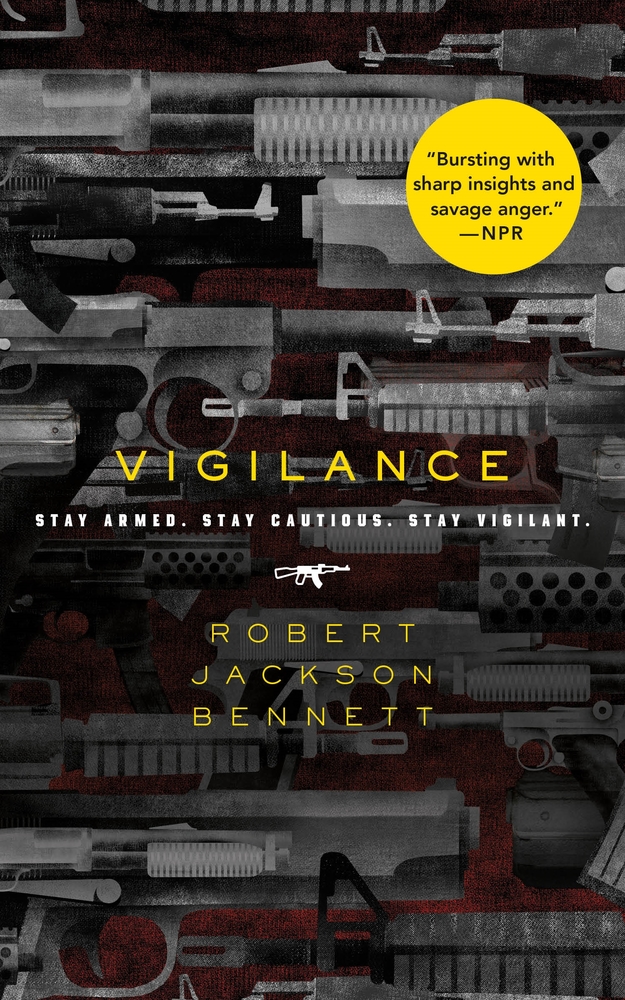Well, I finally finished
In Paise of Idleness- and Other Essays
(see somewhere, above, as well
The 1001 Nights.
Would recommend the "Idleness" book by Russell,
not because it has anything new to say about the world's ills
(it was written 90 years ago), but rather, because it is a glimpse
into a period of time with many social, political, economic and philosophical
ideas flapping about- and, now, here we are almost 100 years later- still
sloshing through the same morass of lies, power plays, greed and politics
as before.
Here is a sentence from the essay "The Ancestry of Fascism":
The two things the world needs most are Socialism and peace, but both are contrary to the interests of
the most powerful men of our time.
During this same time, I also finished a
biograbhy of John Horton Conway- Genius at Play.
Years ago, when I was in high school, I used to subscribe to Scientific American- especially for the Mathematical Games
section written by Martin Gardner. In addition to being a game theorist and mathematician, Conway was an inventor of
games like Sprouts:
The game is played by two players,
[2] starting with a few spots drawn on a sheet of paper. Players take turns, where each turn consists of drawing a line between two spots (or from a spot to itself) and adding a new spot somewhere along the line. The players are constrained by the following rules.
- The line may be straight or curved, but must not touch or cross itself or any other line.
- The new spot cannot be placed on top of one of the endpoints of the new line. Thus the new spot splits the line into two shorter lines.
- No spot may have more than three lines attached to it. For the purposes of this rule, a line from the spot to itself counts as two attached lines and new spots are counted as having two lines already attached to them.
In so-called
normal play, the player who makes the last move wins. In
misère play, the player who makes the last move
loses. Misère Sprouts is perhaps the only misère combinatorial game that is played competitively in an organized forum.
[3]
Anyway, it is worth a read- who knew that mathematicians could also be interesting people.




